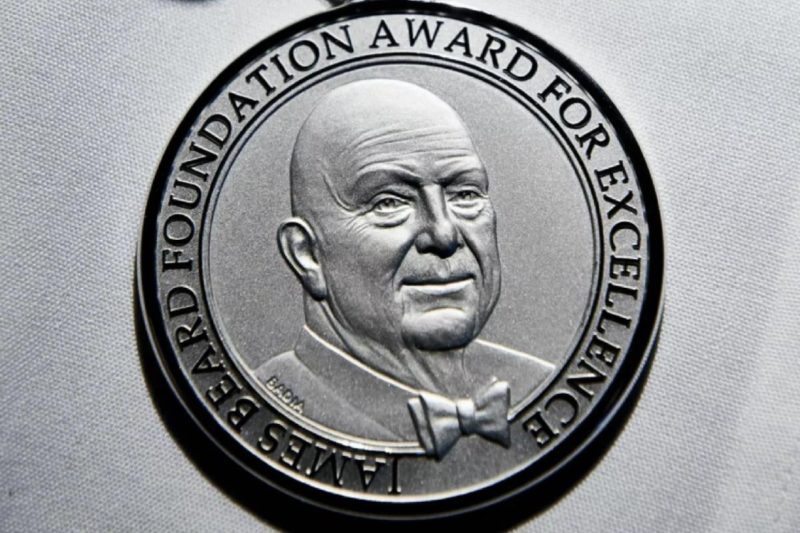Dubbed the “Oscars of the Food World,” the James Beard Awards have long been revered for their recognition of culinary excellence. However, recent years have seen the prestigious foundation behind these awards embroiled in controversy on multiple fronts. A revealing report by The New York Times has shed light on the flaws within the organization’s vetting system, raising concerns about its integrity.
In an effort to uphold a code of ethics established in 2021, the James Beard Foundation introduced a system that included an anonymous tip line. This mechanism was intended to encourage individuals to come forward with complaints about nominees, triggering prompt investigations by the foundation’s appointed agents. While the objective of this initiative was to ensure workplace safety and equality, it has become evident that there are shortcomings in its implementation.
On May 31, 2023, The New York Times disclosed that Kentucky chef Sam Fore, a finalist in the Best Chef: Southeast category this year, had become the subject of such an investigation. Fore faced allegations of “targeted harassment” and “bullying” based on certain social media posts, which were reported to the foundation via an anonymous tip. However, the chef clarified that her posts were aimed at speaking out against domestic and sexual violence. Although Fore was eventually informed that she would not be disqualified, she raised questions about the foundation’s investigative procedures. As the sole woman of color nominated in her category, this incident underscored how something as arbitrary as an anonymous tip could potentially jeopardize her hard-earned standing in the culinary world. Fore is the owner of the Sri Lankan-Southern pop-up Tuk Tuk in Lexington, Kentucky.
In a previous incident on May 11, another controversy unfolded when Alabama chef Timothy Hontzas, a nominee in the Best Chef: South category, was disqualified. Hontzas faced allegations of verbally abusing employees and diners, a clear violation of the foundation’s code of ethics. The decision to disqualify Hontzas drew criticism, with one chef even resigning from their role as a judge in protest. Although Hontzas did not deny the allegations, he defended himself by asserting that they were not as severe as the investigators claimed.
The James Beard Foundation’s ethical investigations are a relatively recent development. The cancellation of the award ceremonies in 2020 and 2021, ostensibly due to the pandemic, had raised eyebrows about the lack of diversity among nominees and allegations of abuse involving previous finalists. These occurrences have cast doubts on the underlying factors influencing the foundation’s decision-making process.
As the food world’s premier accolades face ongoing controversies, it is evident that the James Beard Foundation must address the flaws within its vetting system. Transparency and fair treatment of nominees are crucial to maintaining the credibility and integrity of these prestigious awards.


